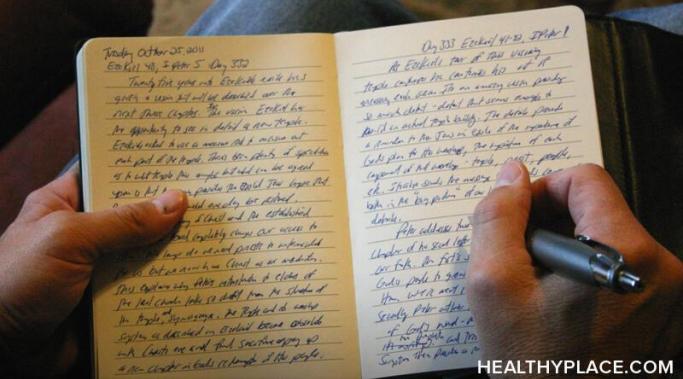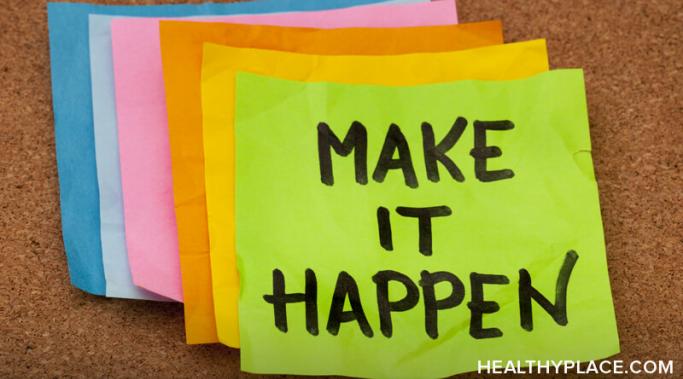As children grow up, they eventually leave the family nest to pursue their dreams and aspirations, and that empty nest can encourage depression. Whether they go to college, explore the world, or start a new job, it may be a challenging and emotional step for parents. Therefore, by preparing for the empty nest chapter of life, parents can be proactive in not letting depression set in for an extended period. For me, the empty nest phase is creeping up quickly, and I am unprepared.
Depression Treatments
Mood journaling for people with depression, which simply means keeping a log of your moods, has many benefits. The act of transferring your feelings to paper can be therapeutic, taking bottled-up emotions out of your head and lightening your emotional load. Practicing writing your feelings down can help you better communicate them to your friends, family, or therapist. And looking back through your depression mood journal entries can help you identify trends, triggers, and possible treatments.
Have you tried to fix someone's mental illness? When we see others struggling with mental illness, we often get the urge to help. But for most of us, we aren’t equipped to treat their disease—and trying to can negatively impact our mental health. Sometimes we have to let go and accept that we can’t fix someone else’s mental illness.
I wasn’t surprised when I read a recent study that linked reading with a lower risk of depression. I’ve seen the mental health benefits of reading firsthand, and books are now one of the many tools I use to cope with depression. Reading boosts my self-esteem, distracts my thoughts, and reduces my stress—all contributing to alleviating my depression. Here, I’ll discuss why reading has been so therapeutic for me.
Parenting in public can feel like diffusing a bomb with an audience, no protective gear, and no clue which wire to cut. Make one wrong move, and you risk turning a minor tantrum into a five-alarm meltdown, and what's worse, you risk the disapproving glances and tuts of passing strangers. No parent is immune to the fear of judgment but allowing this fear to dictate how your interact with your child in moments of emotional turmoil can have serious consequences for you and your child. So, I have learned to filter out the looks, the eyebrow raises, and the gasps and made a conscious commitment to start practicing what I call tunnel vision parenting.
The title of this blog is "Coping with Depression." In the past, I've used it to talk about ways to feel productive, beat procrastination, and improve relationships during a depressive episode. But the reality is that some days, "coping" just means surviving through the worst days. So, in honor of World Suicide Prevention Month, I would like to offer some simple tips on how to get through when "getting through" seems impossible.
We're taught that playing make-believe is for children -- that as adults, our feet should be firmly rooted in reality. But when dealing with reality becomes too much to handle, a little foray into childish fantasy can be incredibly comforting and very beneficial for our mental health.
Those empty "inspirational" quotes are a particular pet peeve of mine. Facebook and Instagram are littered with them, and the more of them I see, the more aggravated I get. It's not just that the same ones seem to do the virtual rounds every few months ("Live, Laugh, Love" anyone?), it's that they have become so ubiquitous that they feel insincere.
I have an idea for a children's book, but anxiety-induced procrastination is in the way. I've been saying for years that I want to write a book, and last week inspiration struck. I am telling you this because I know that if I don't, the idea will remain just that: an idea. And I will continue to be what I've been for years: someone who says they want to write a book, writes a few chapters, then leaves them to gather dust in a long-forgotten folder on a laptop. I am a pathological procrastinator, but I believe I have found a way to tackle my anxiety-induced procrastination and share it here in the hopes that it will help you, too.
"Gaslighting" is a form of emotional abuse in which the abuser makes the victim question their perception of reality in order to undermine their feelings and avoid accountability for abusive behavior. It is cruel and inexcusable to deliberately treat another person this way, but is it possible to do it unconsciously? Is it possible to gaslight someone with nothing but good intentions? I believe so. In fact, I believe unconscious gaslighting is a trap into which it is easy to fall when you are caring for a person with a mental illness.









